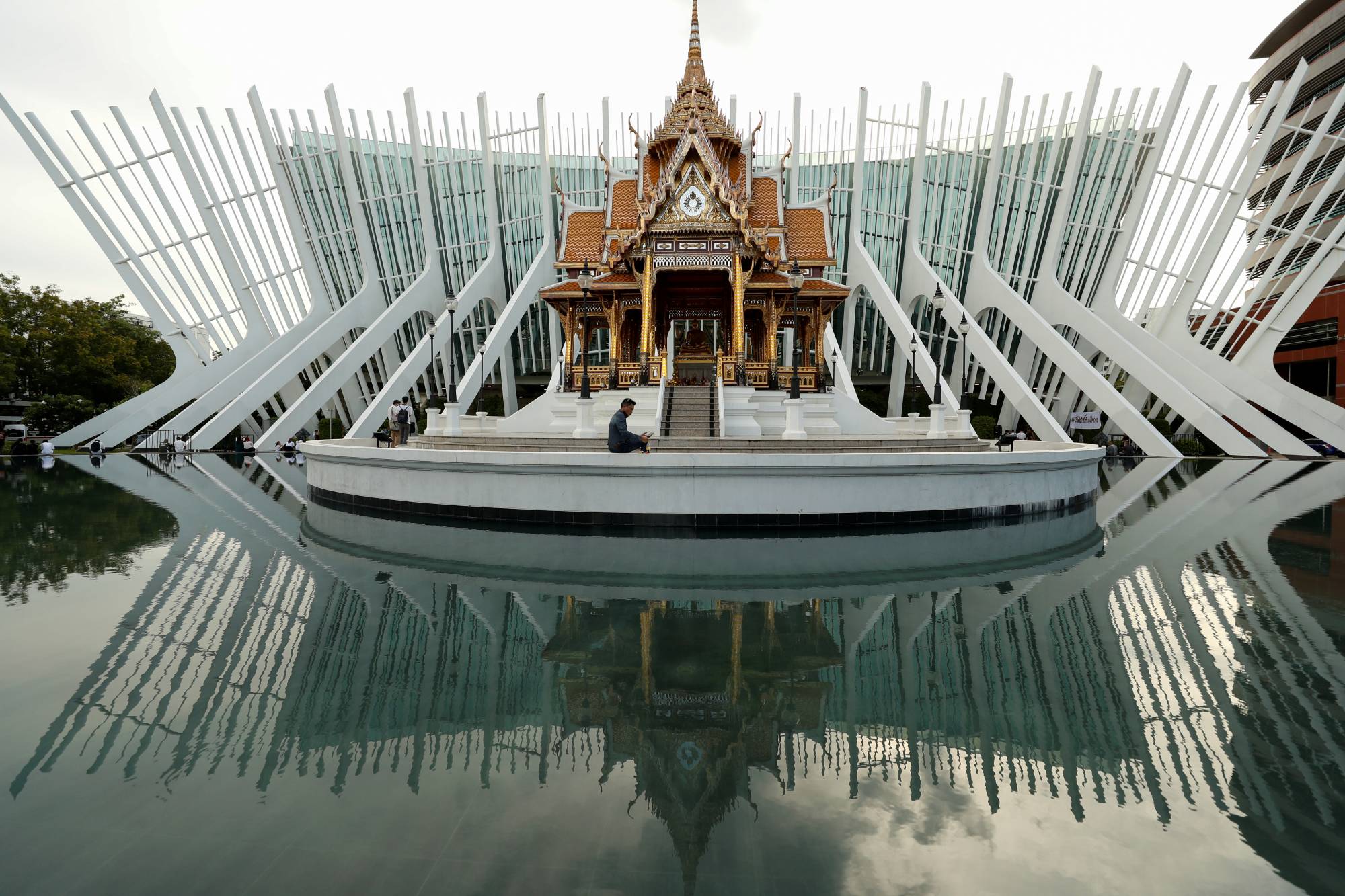Thailand has been tinkering with its schools and universities for years, to little effect: It still overspends and under-delivers. Now Southeast Asia’s second-largest economy has seen its fastest decline in more than two decades after being battered by the coronavirus, and students are protesting. It’s no accident that one of their demands is a serious overhaul of a system that prizes compliance and conformity over learning.
Better education is far from the only, or even the main, request voiced during student-led demonstrations that have been gathering pace for weeks. Marchers want a revamped constitution and fresh elections; they have broken a long-held taboo by calling for changes to the monarchy. Yet a school system that castigates minor violations of dress and grooming rules, overlooks bullying teachers and produces mediocre results is a microcosm of the systemic rigidity that has brought growing numbers onto the streets. This weekend Bangkok saw the largest crowd since a 2014 military coup.
Prime Minister Prayuth Chan-Ocha’s government isn’t blind to the country’s combination of slowing productivity growth and stalling investment. Over recent years its rate of expansion has lagged behind neighbors like Vietnam, and even Malaysia. That should be an economic incentive to listen, and act accordingly.

















With your current subscription plan you can comment on stories. However, before writing your first comment, please create a display name in the Profile section of your subscriber account page.